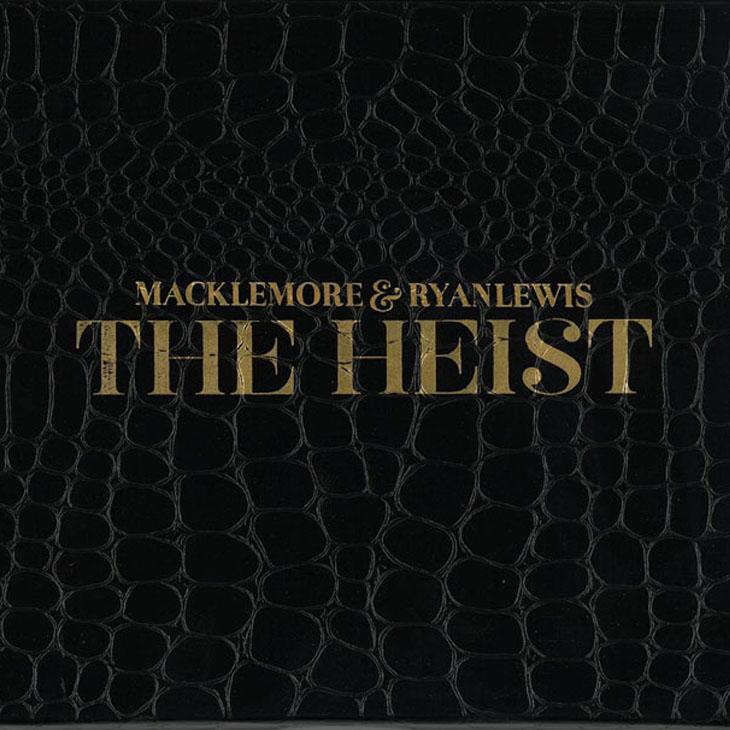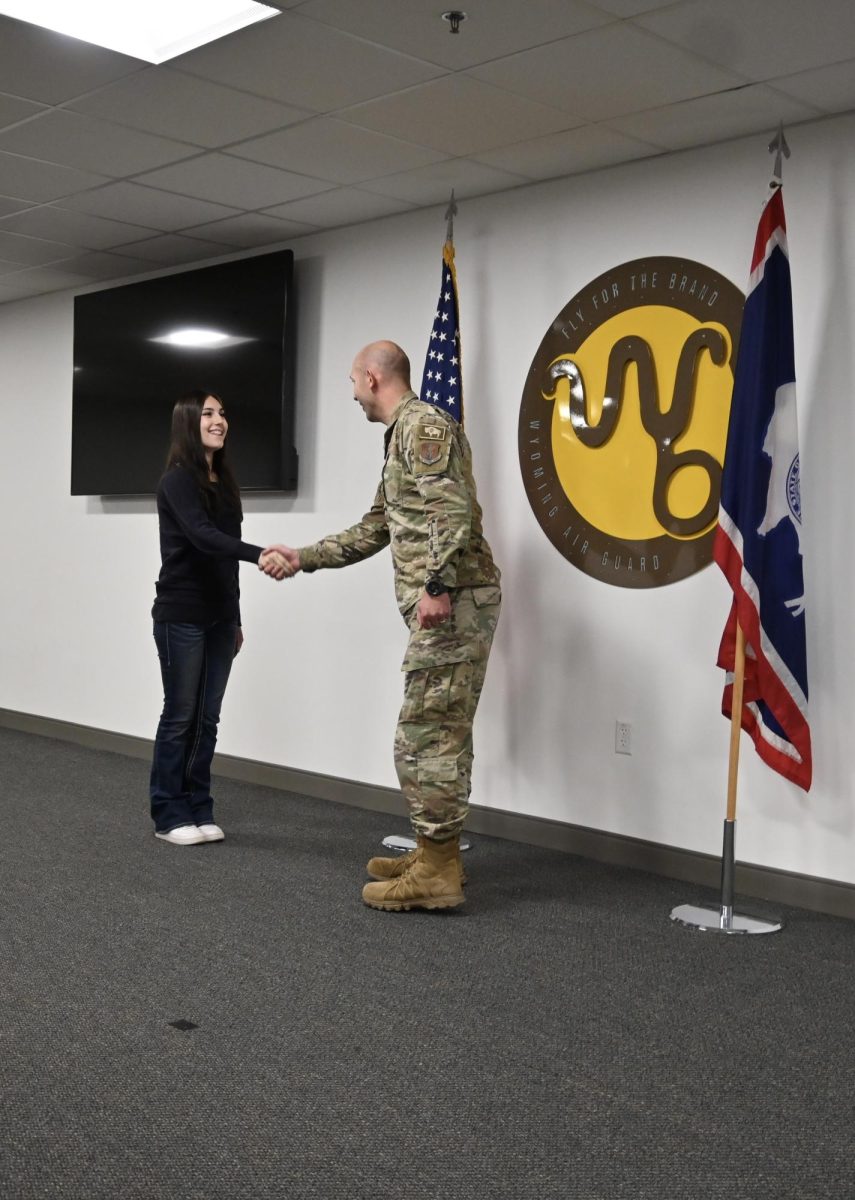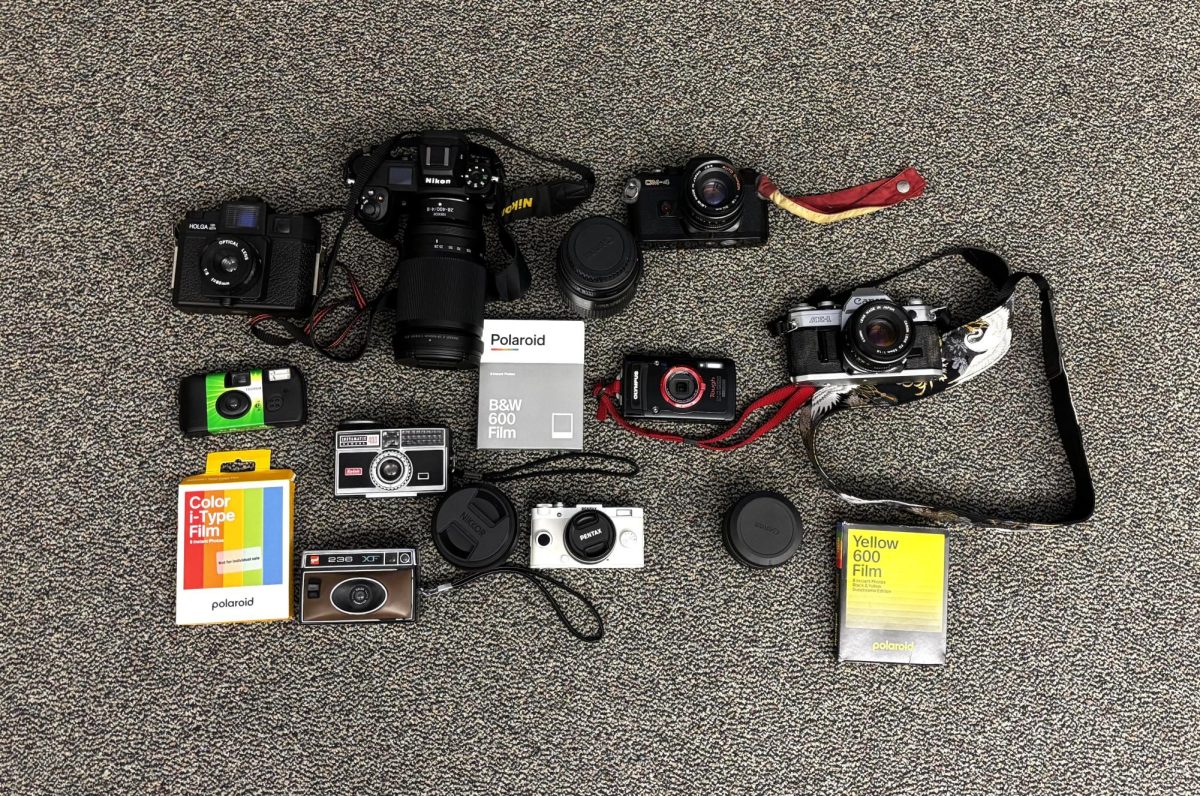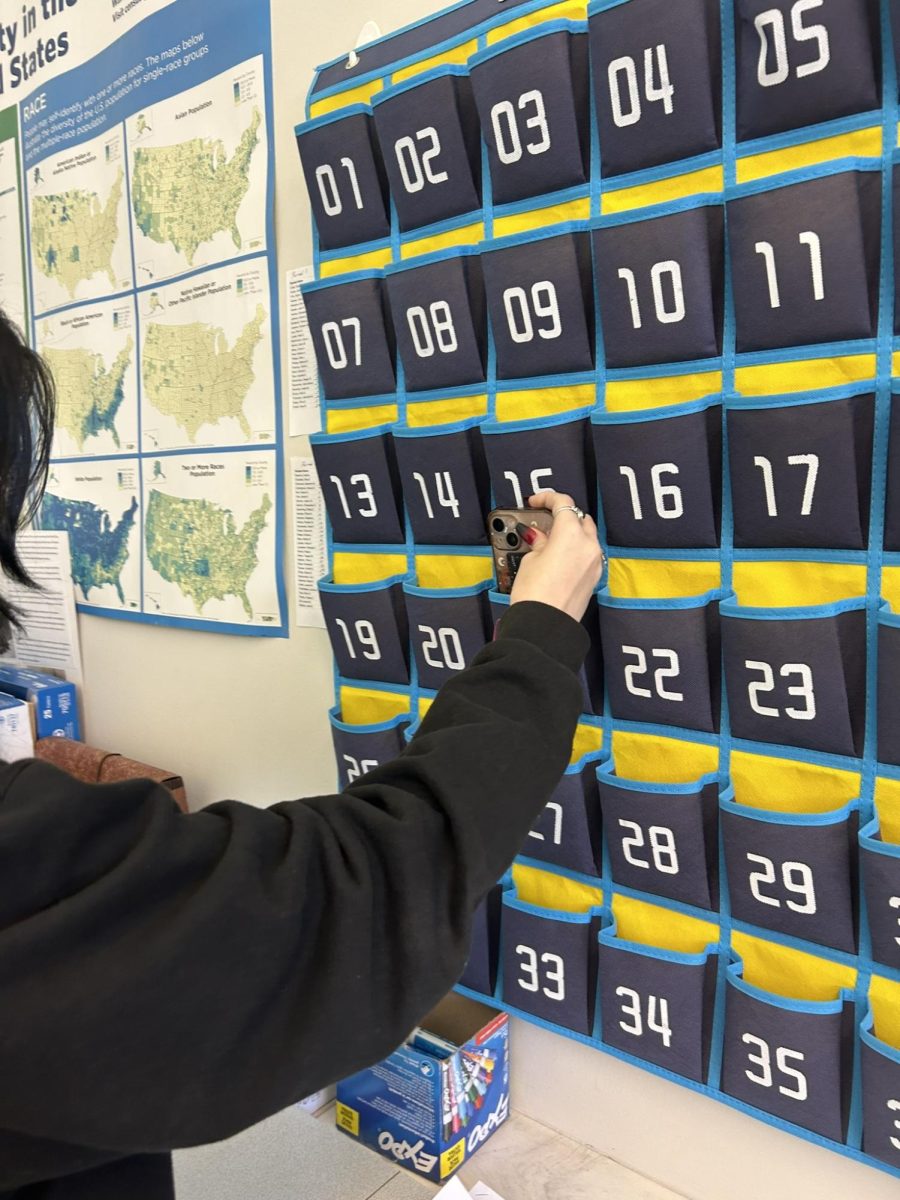Every four years our country is thrown into disarray by a presidential election. During these elections times households split, friends become rivals, and people threaten to move to Canada if the candidate that they like doesn’t win. This year, tensions seem to have heightened even more as the race has come down to a tight, nerve-racking finish. Although the presidential election is an important task, so are the elections regarding the legislative branch (House of Representatives and the Senate). Too often is the presidential election skewed into an extravagant ordeal. Yes, the president is an important part of our political system, but what can the president actually do?
The President of the United States is the commander-in-chief of the navy and the army; and has the ability to grant reprieves and pardons against the United States, except in cases of impeachment. The president has the ability to make treaties when two-thirds of the Senate concurs, the president also has the authority to appoint judges, consuls, ambassadors, and all other officers of the United States not already laid out in the Constitution.
Although the president has the ability to complete all of these tasks, in reality the president, for the most part, has to report to Congress. Here are the tasks that Congress has the authority over as taken directly from the United States Constitution:
Power To lay and collect Taxes, Duties, Imposts and Excises, to pay the Debts and provide for the common Defence and general Welfare of the United States; but all Duties, Imposts and Excises shall be uniform throughout the United States;
To borrow Money on the credit of the United States;
To regulate Commerce with foreign Nations, and among the several States, and with the Indian Tribes;
To establish an uniform Rule of Naturalization, and uniform Laws on the subject of Bankruptcies throughout the United States;
To coin Money, regulate the Value thereof, and of foreign Coin, and fix the Standard of Weights and Measures;
To provide for the Punishment of counterfeiting the Securities and current Coin of the United States;
To establish Post Offices and post Roads;
To promote the Progress of Science and useful Arts, by securing for limited Times to Authors and Inventors the exclusive Right to their respective Writings and Discoveries;
To constitute Tribunals inferior to the Supreme Court;
To define and punish Piracies and Felonies committed on the high Seas, and Offences against the Law of Nations;
To declare War, grant Letters of Marque and Reprisal, and make Rules concerning Captures on Land and Water;
To raise and support Armies, but no Appropriation of Money to that Use shall be for a longer Term than two Years;
To provide and maintain a Navy;
To make Rules for the Government and Regulation of the land and naval Forces;
To provide for calling forth the Militia to execute the Laws of the Union, suppress Insurrections and repel Invasions;
To provide for organizing, arming, and disciplining, the Militia, and for governing such Part of them as may be employed in the Service of the United States, reserving to the States respectively, the Appointment of the Officers, and the Authority of training the Militia according to the discipline prescribed by Congress;
To exercise exclusive Legislation in all Cases whatsoever, over such District (not exceeding ten Miles square) as may, by Cession of particular States, and the Acceptance of Congress, become the Seat of the Government of the United States, and to exercise like Authority over all Places purchased by the Consent of the Legislature of the State in which the Same shall be, for the Erection of Forts, Magazines, Arsenals, dock-Yards, and other needful Buildings;–And
To make all Laws which shall be necessary and proper for carrying into Execution the foregoing Powers, and all other Powers vested by this Constitution in the Government of the United States, or in any Department or Officer thereof.
After examining the powers and abilities of Congress, it is crystal clear that when election time comes rolling around voters should focus a bit more on who is running for the House and the Senate. Just out of curiosity, I decided to ask a couple of young, first time voters if they could tell me who was on the ballot running for the House or the Senate. After much deliberation, the two eighteen-year-olds were able to conjure up the names Jared Polis and Kevin Lundberg, but when I asked which one they were running for they were unable to tell me. Both of these voters had already cast their ballots and were really only focused on who is going to become the next president.
How skewed is our nation? We are more concerned with a single person, who yes has a great deal of power, but also who has to answer to Congress. Yes, Congressmen and Senators still have a plethora of campaign advertisements aimed at attempting to dismantle their opponents, but as this campaign has progressed, presidential candidates have exponentially overshadowed those of people running for Congress.
We need to bring our country back to concerning ourselves with what is happening in Congress and not just who is going to be our next president, because ultimately the majority of the power in our country comes from our legislative branch. We need to be more conscience about who we are allowing to be apart of our government and choose decisively and be knowledgeable about who they are and what they stand for.











